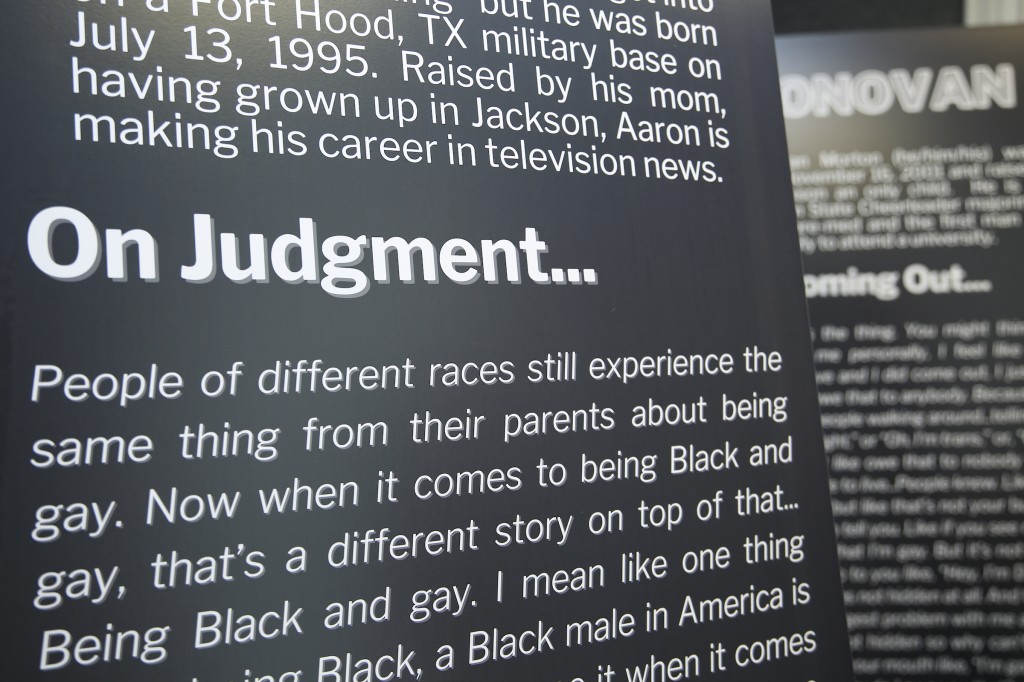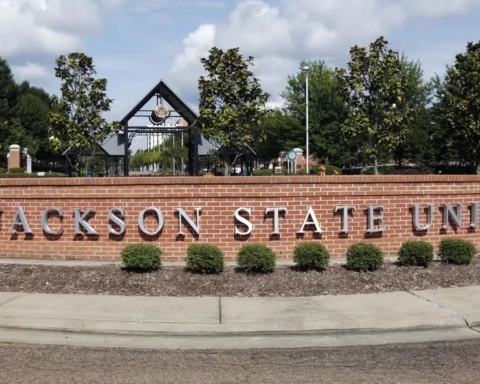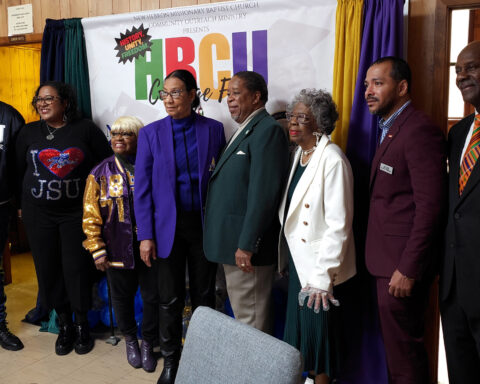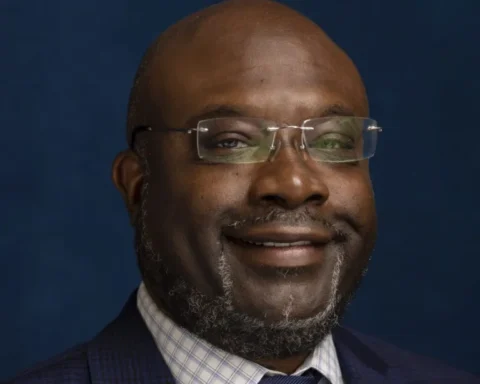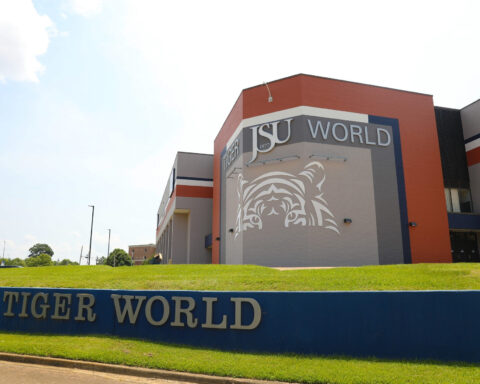Courtesy of Jackson State University
The Margaret Walker Center kicked off LGBTQ+ Pride month with an exhibit unveiling honoring the stories of Black queer individuals who navigated the difficult terrains of sexuality while growing up in the South. Collecting the unique perspectives of young Black men who have both triumphed and struggled in the pursuit of peace, this project presented a series of oral interviews with participants that allow the audience to gain an understanding that may have once been clouded by preconceived notions.
“We wanted to create a space for black members of the LGBTQ+ community in Jackson to be able to share their stories with pride. The idea is that people who are part of this community, no matter what their race affinity or who they love, all have stories that matter, and they’re more alike than they are different,” said Alissa Rae Funderburk, an oral historian for the Center.
The exhibit creates an environment filled with sobering stories of struggle and pain through the lens of another’s experience, inviting the listener to identify and connect with its central themes of sexuality, religion, childhood trauma, mental health, bullying, and most importantly, the desire to be liberated.
Recent JSU graduate Destiny Sears, who served as an undergraduate intern at the Center, was tasked with collecting and analyzing the interviews of the volunteer narrators. Over the semester, Sears underwent in-depth oral history training working closely with Funderburk. Sears emphasized how insightful her experience was while collaborating with the volunteer narrators who shared with her the level of strength and courage required to endure adversity.
“They get a lot of bad treatment. One of the interviewees said that being a Black gay male here in the South is a full-time job. That was really an eye-opening moment for me,” said Sears.
Aside from the importance of uplifting the stories to reveal truths once hidden, Funderburk said the exhibit presents a unique opportunity for individuals carrying differing opinions or curious about becoming an ally to identify the commonalities in the stories told.
“Let go of your preconceived notions and see the ways in which your story might mirror the stories you’re listening to,” said Funderburk, “These are people who have lived in Jackson who have been a part of this community and who have seen a lot of same things you have seen. If you are willing to accept that and believe that you’re more similar than you are different, the major takeaway here is to find the commonalities.”
The exhibit was made possible by a generous grant from the LGBTQ Fund of Mississippi.

